Chengpei Wu
Negative Metric Learning for Graphs
May 15, 2025Abstract:Graph contrastive learning (GCL) often suffers from false negatives, which degrades the performance on downstream tasks. The existing methods addressing the false negative issue usually rely on human prior knowledge, still leading GCL to suboptimal results. In this paper, we propose a novel Negative Metric Learning (NML) enhanced GCL (NML-GCL). NML-GCL employs a learnable Negative Metric Network (NMN) to build a negative metric space, in which false negatives can be distinguished better from true negatives based on their distance to anchor node. To overcome the lack of explicit supervision signals for NML, we propose a joint training scheme with bi-level optimization objective, which implicitly utilizes the self-supervision signals to iteratively optimize the encoder and the negative metric network. The solid theoretical analysis and the extensive experiments conducted on widely used benchmarks verify the superiority of the proposed method.
Weakly Supervised Contrastive Adversarial Training for Learning Robust Features from Semi-supervised Data
Mar 14, 2025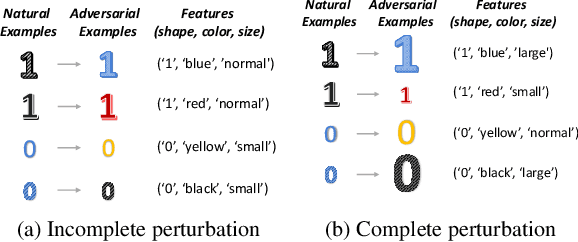

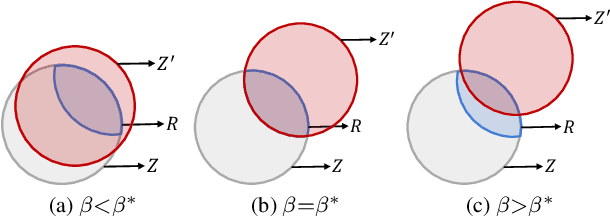

Abstract:Existing adversarial training (AT) methods often suffer from incomplete perturbation, meaning that not all non-robust features are perturbed when generating adversarial examples (AEs). This results in residual correlations between non-robust features and labels, leading to suboptimal learning of robust features. However, achieving complete perturbation, i.e., perturbing as many non-robust features as possible, is challenging due to the difficulty in distinguishing robust and non-robust features and the sparsity of labeled data. To address these challenges, we propose a novel approach called Weakly Supervised Contrastive Adversarial Training (WSCAT). WSCAT ensures complete perturbation for improved learning of robust features by disrupting correlations between non-robust features and labels through complete AE generation over partially labeled data, grounded in information theory. Extensive theoretical analysis and comprehensive experiments on widely adopted benchmarks validate the superiority of WSCAT.
SPP-CNN: An Efficient Framework for Network Robustness Prediction
May 13, 2023



Abstract:This paper addresses the robustness of a network to sustain its connectivity and controllability against malicious attacks. This kind of network robustness is typically measured by the time-consuming attack simulation, which returns a sequence of values that record the remaining connectivity and controllability after a sequence of node- or edge-removal attacks. For improvement, this paper develops an efficient framework for network robustness prediction, the spatial pyramid pooling convolutional neural network (SPP-CNN). The new framework installs a spatial pyramid pooling layer between the convolutional and fully-connected layers, overcoming the common mismatch issue in the CNN-based prediction approaches and extending its generalizability. Extensive experiments are carried out by comparing SPP-CNN with three state-of-the-art robustness predictors, namely a CNN-based and two graph neural networks-based frameworks. Synthetic and real-world networks, both directed and undirected, are investigated. Experimental results demonstrate that the proposed SPP-CNN achieves better prediction performances and better generalizability to unknown datasets, with significantly lower time-consumption, than its counterparts.
CNN-based Prediction of Network Robustness With Missing Edges
Aug 25, 2022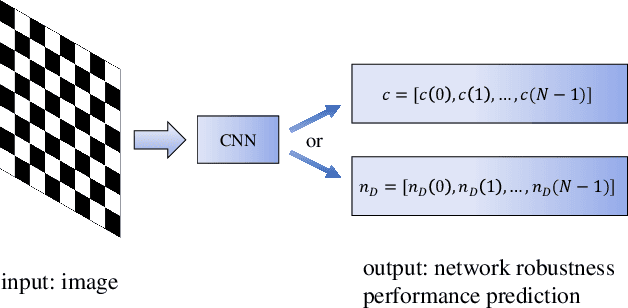

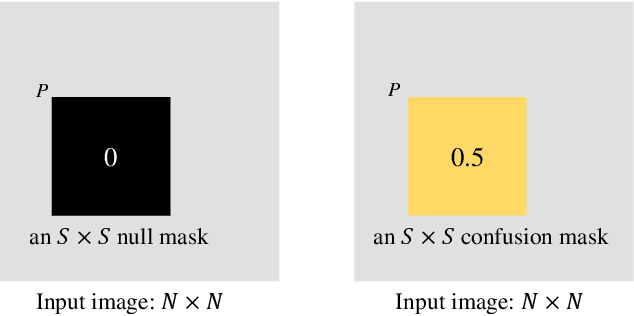
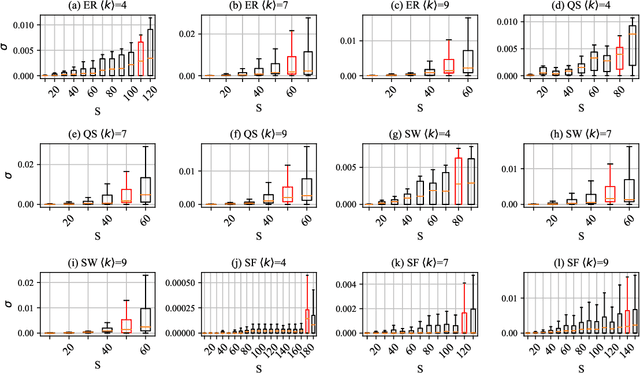
Abstract:Connectivity and controllability of a complex network are two important issues that guarantee a networked system to function. Robustness of connectivity and controllability guarantees the system to function properly and stably under various malicious attacks. Evaluating network robustness using attack simulations is time consuming, while the convolutional neural network (CNN)-based prediction approach provides a cost-efficient method to approximate the network robustness. In this paper, we investigate the performance of CNN-based approaches for connectivity and controllability robustness prediction, when partial network information is missing, namely the adjacency matrix is incomplete. Extensive experimental studies are carried out. A threshold is explored that if a total amount of more than 7.29\% information is lost, the performance of CNN-based prediction will be significantly degenerated for all cases in the experiments. Two scenarios of missing edge representations are compared, 1) a missing edge is marked `no edge' in the input for prediction, and 2) a missing edge is denoted using a special marker of `unknown'. Experimental results reveal that the first representation is misleading to the CNN-based predictors.
 Add to Chrome
Add to Chrome Add to Firefox
Add to Firefox Add to Edge
Add to Edge